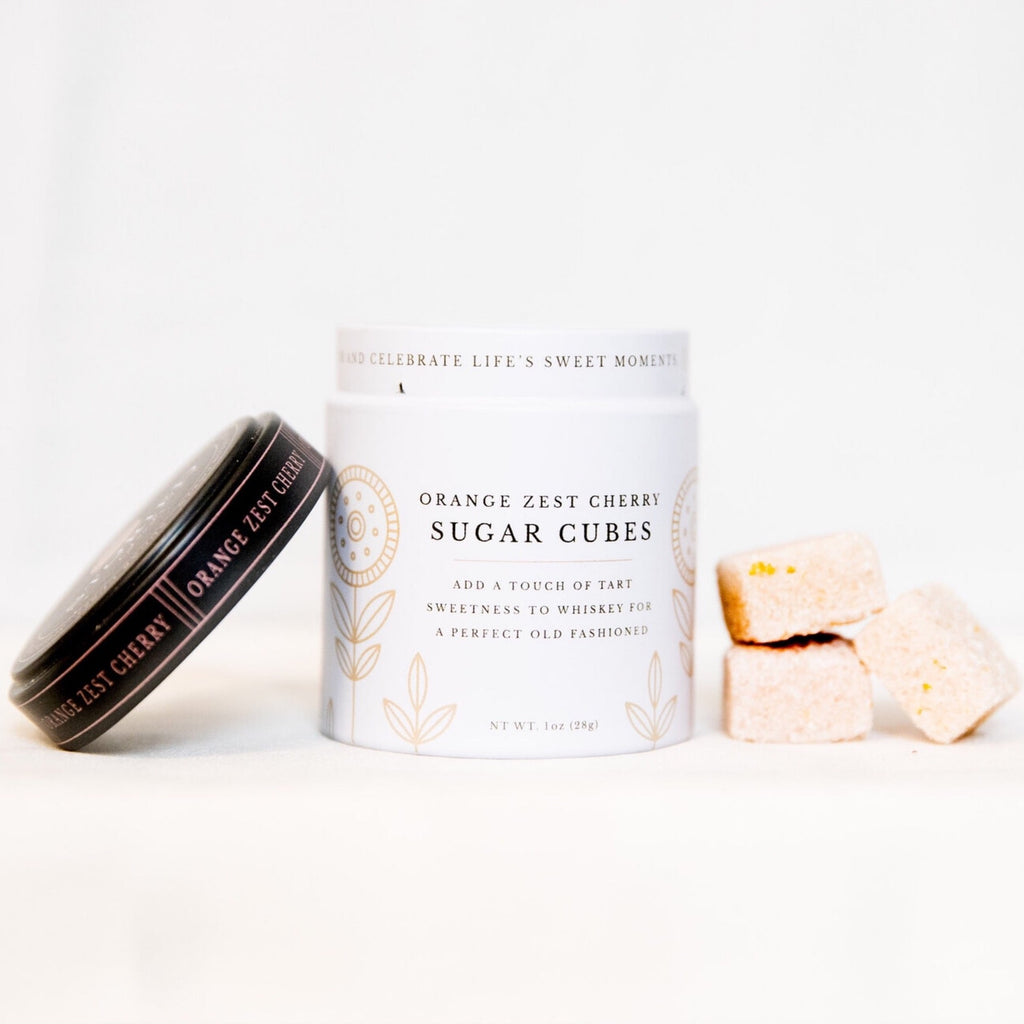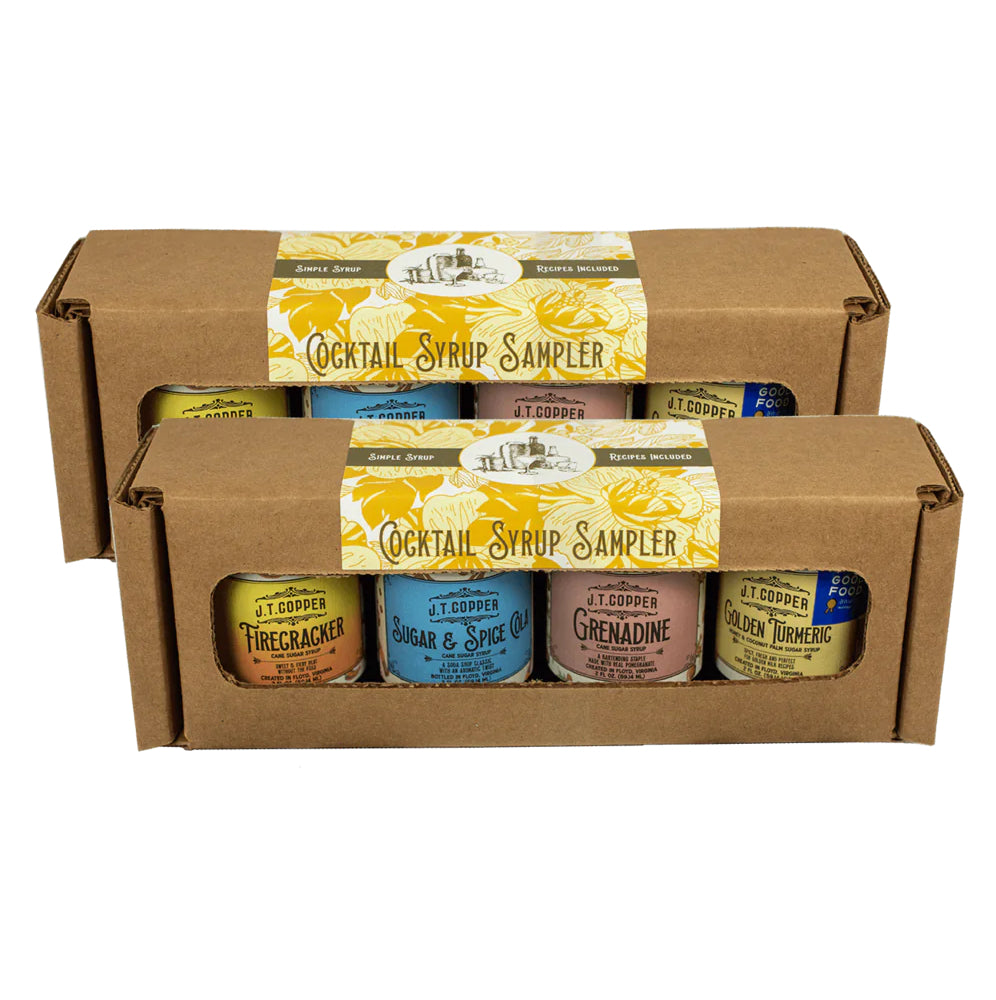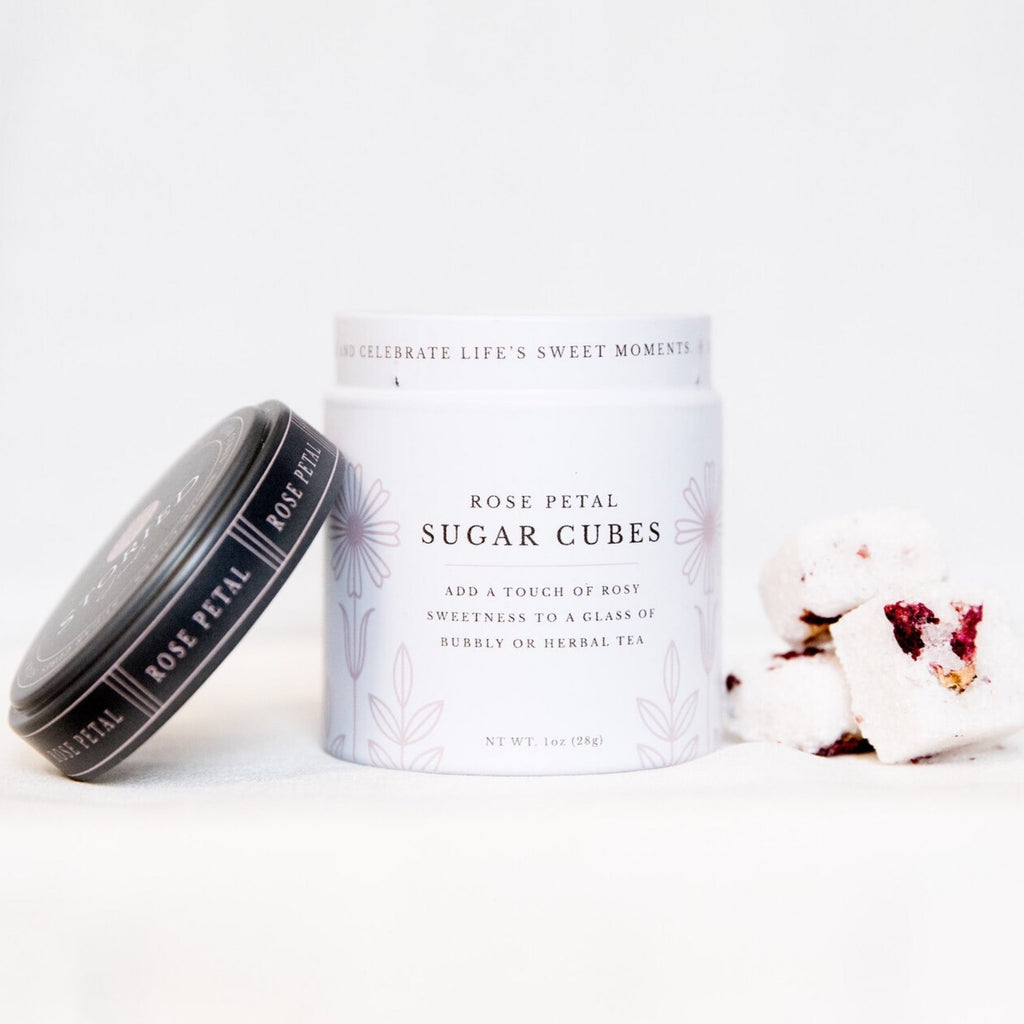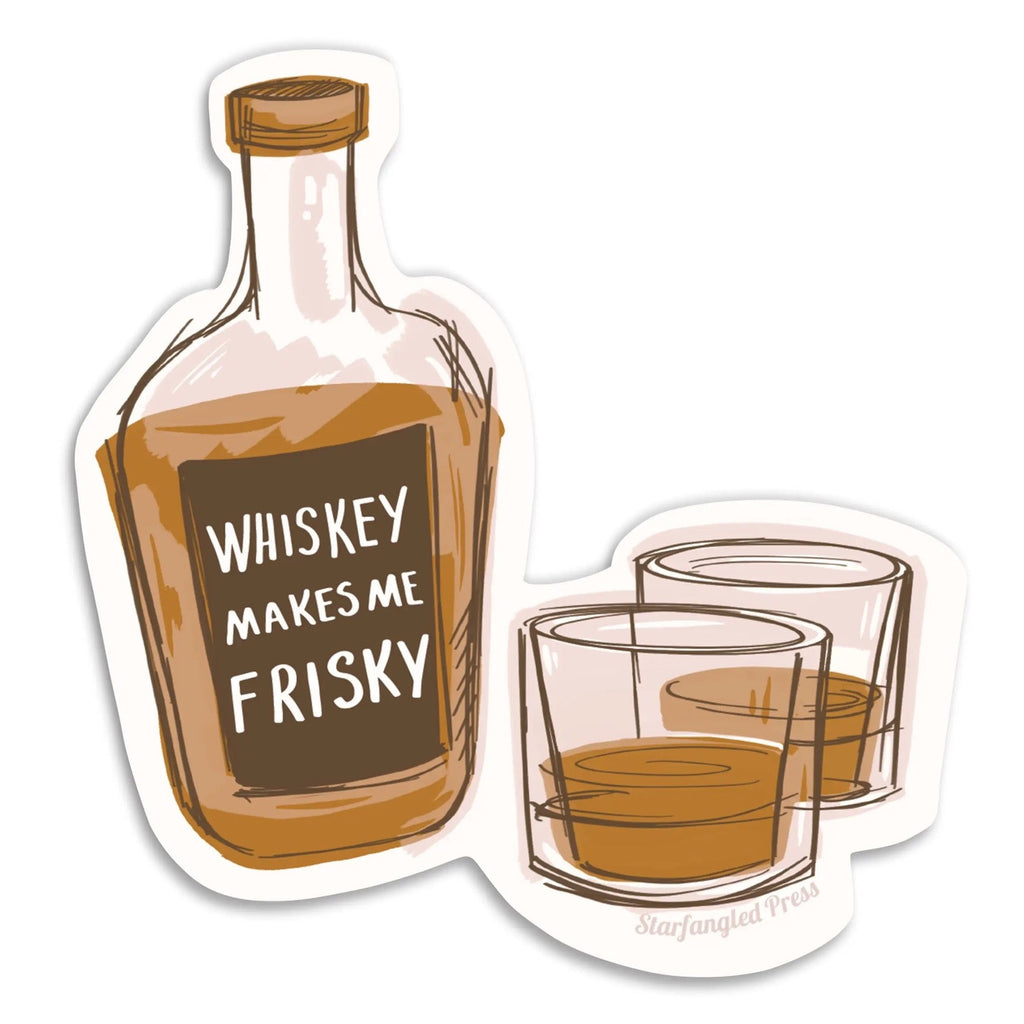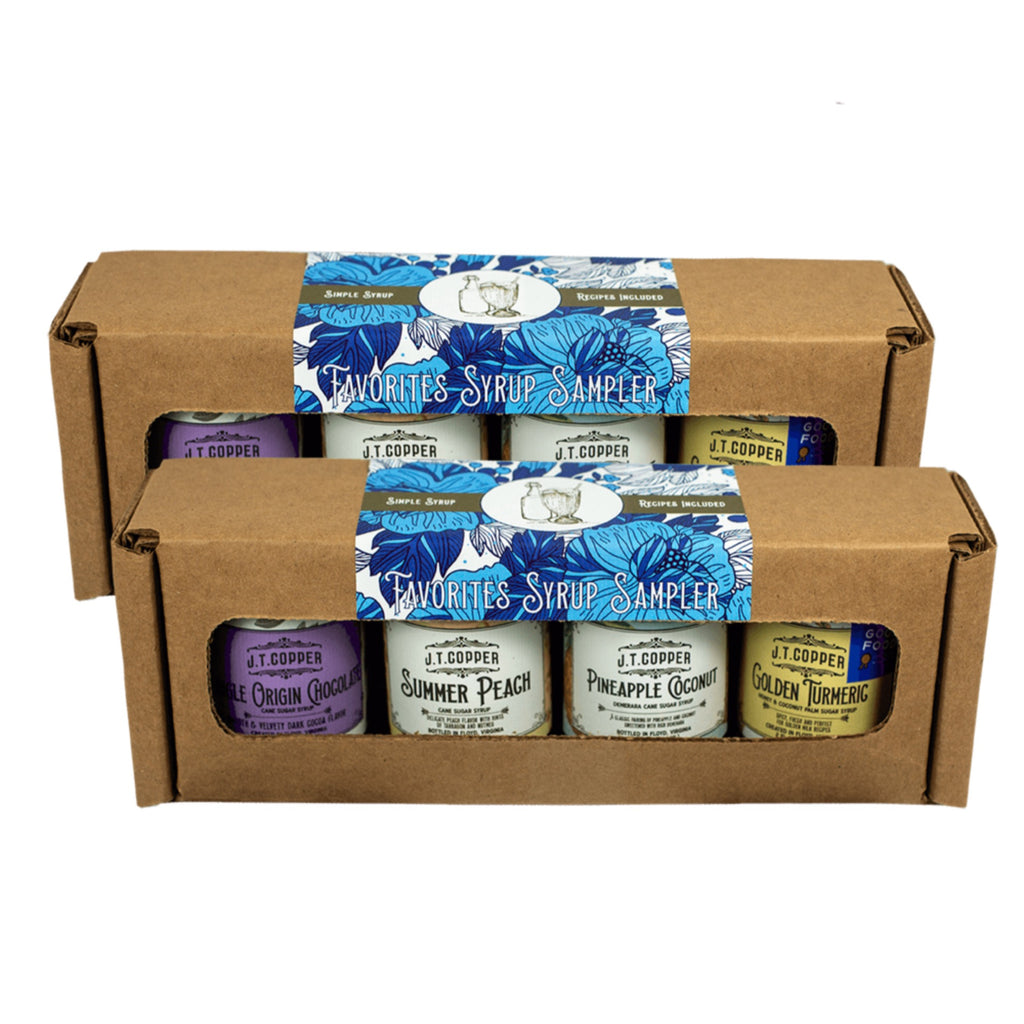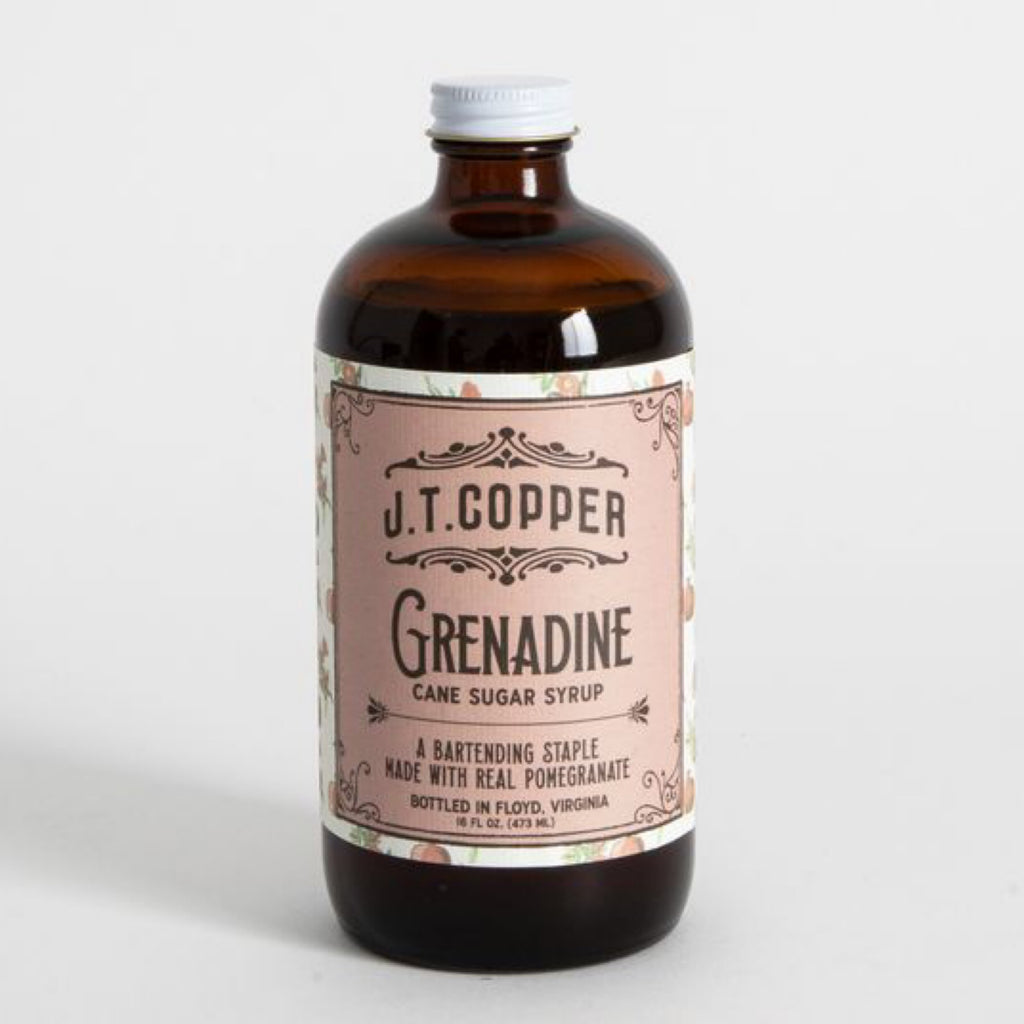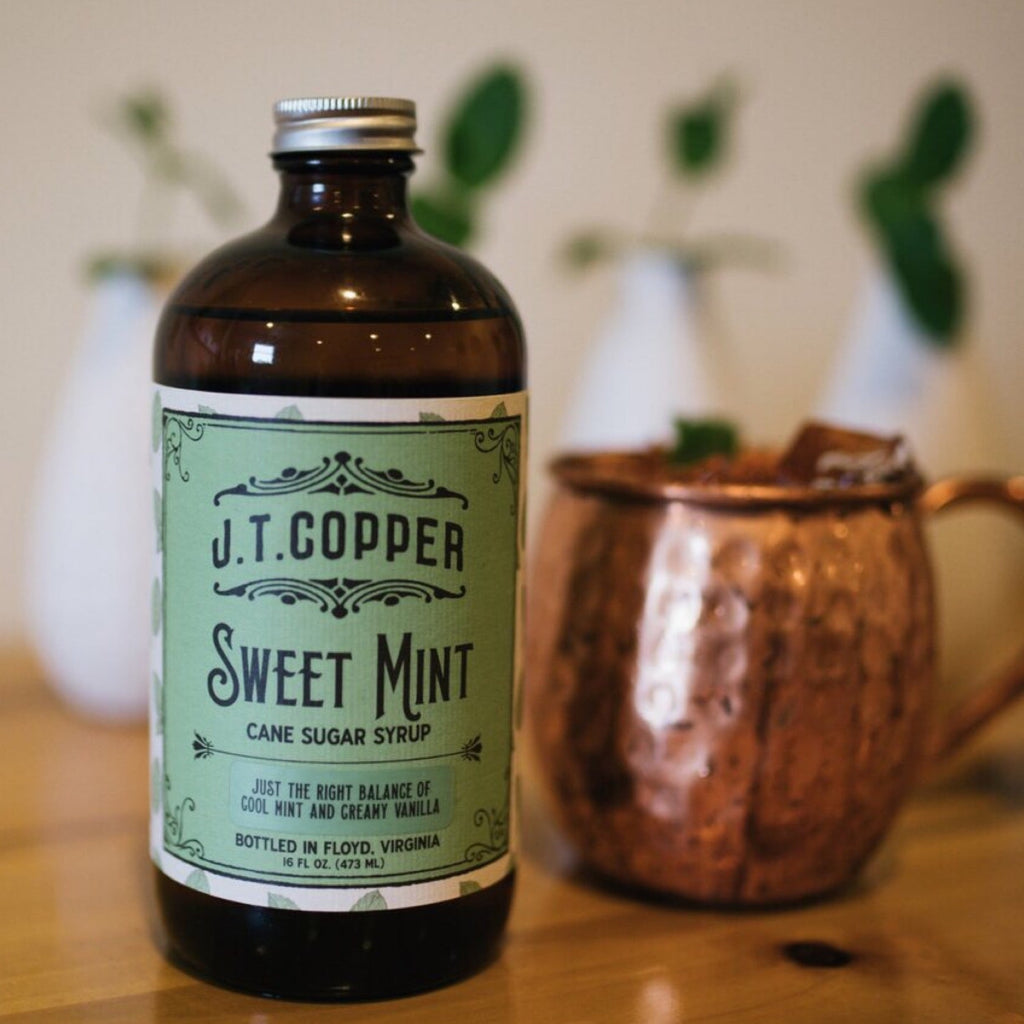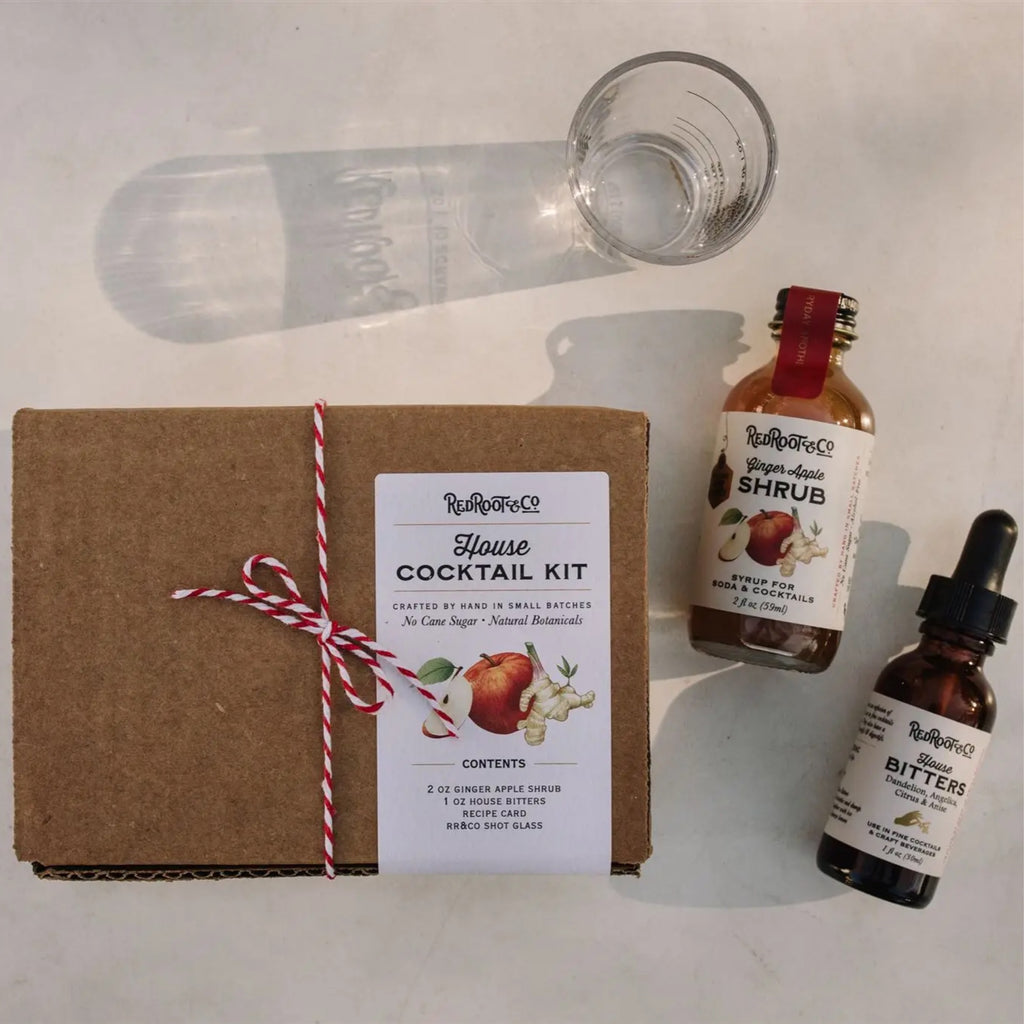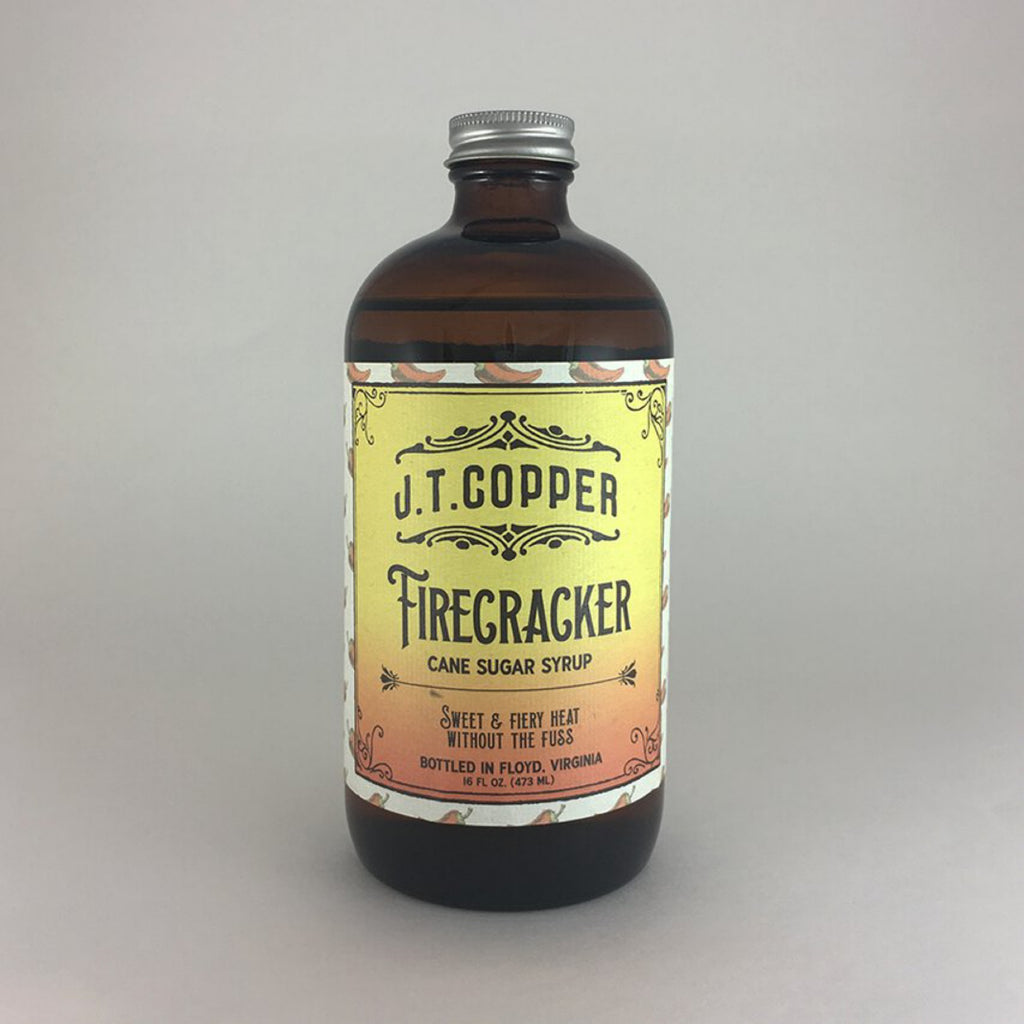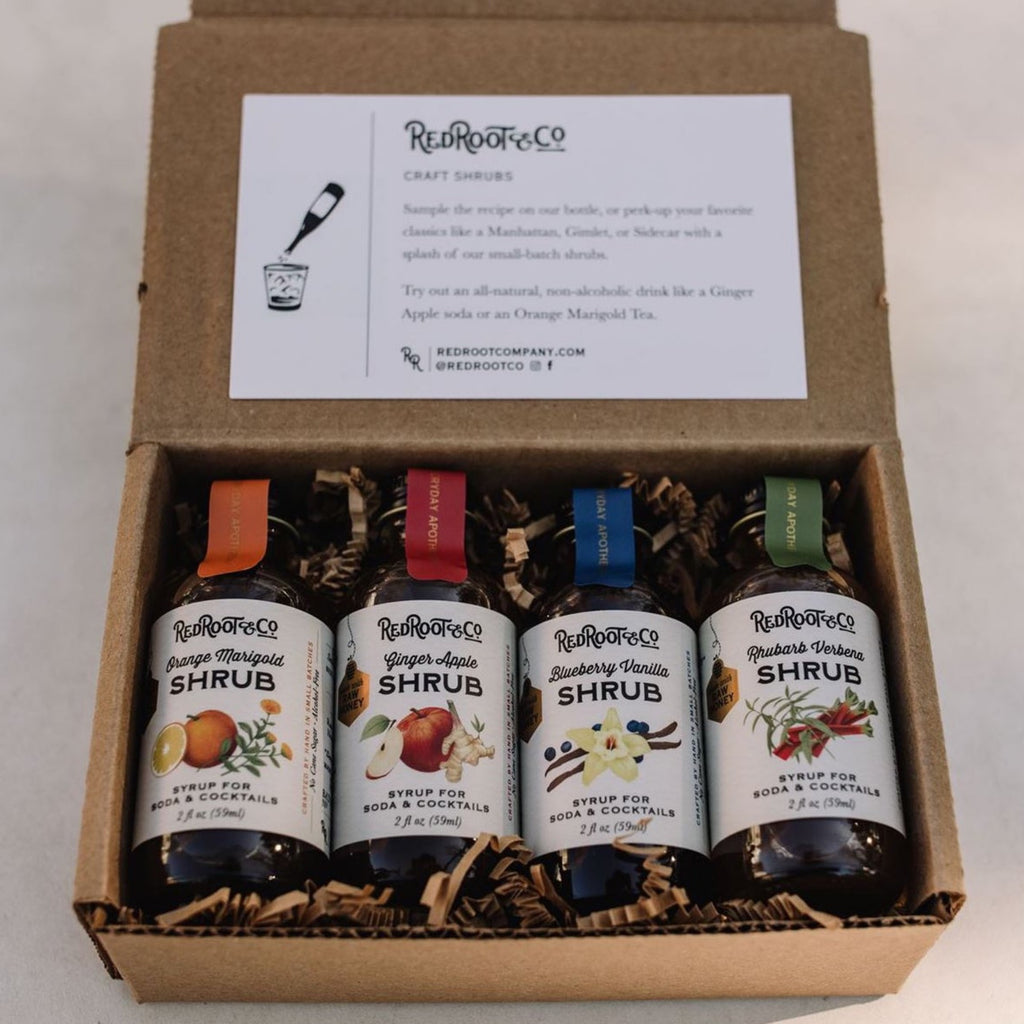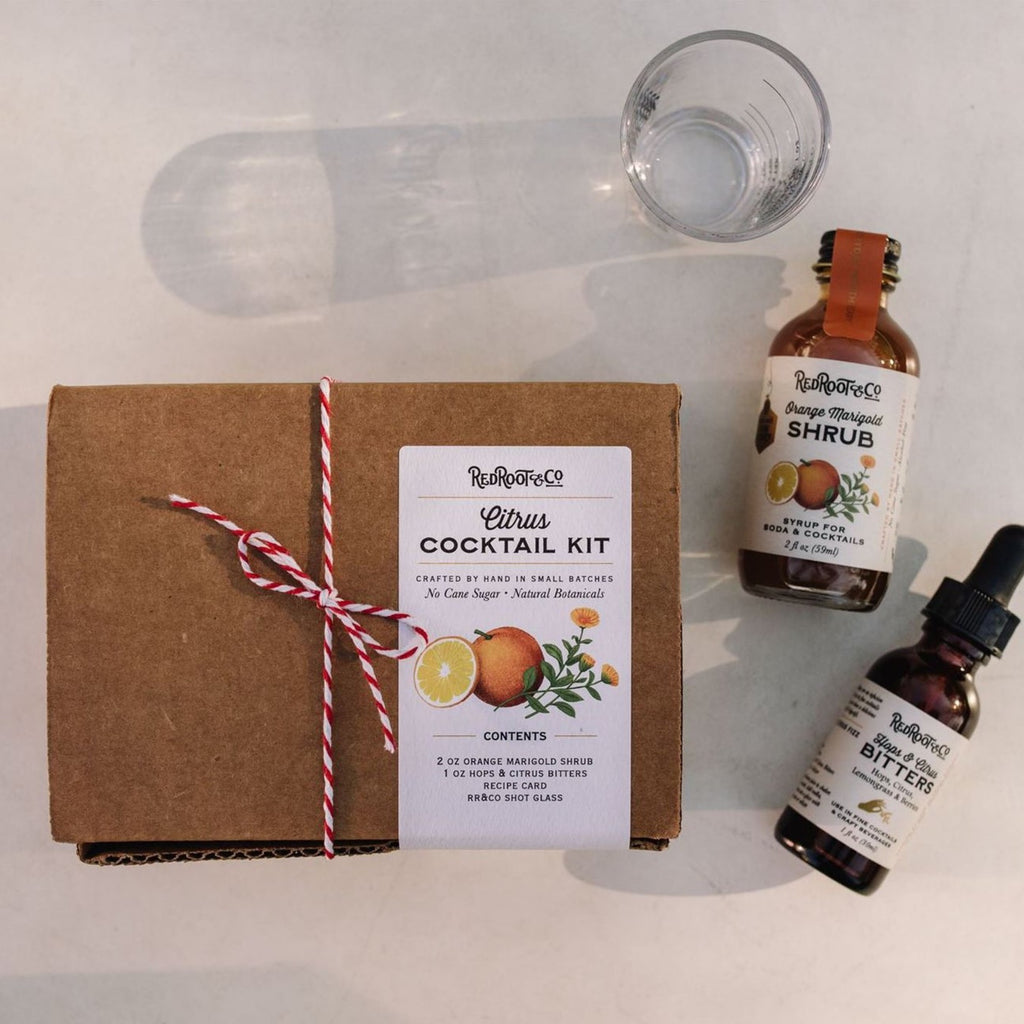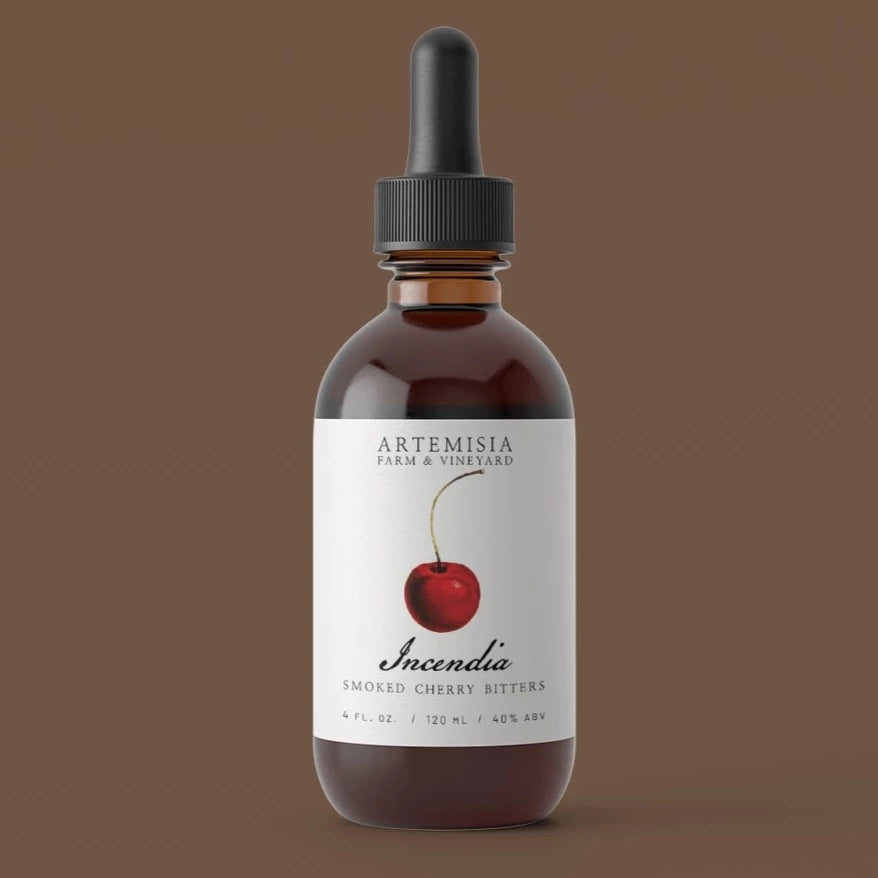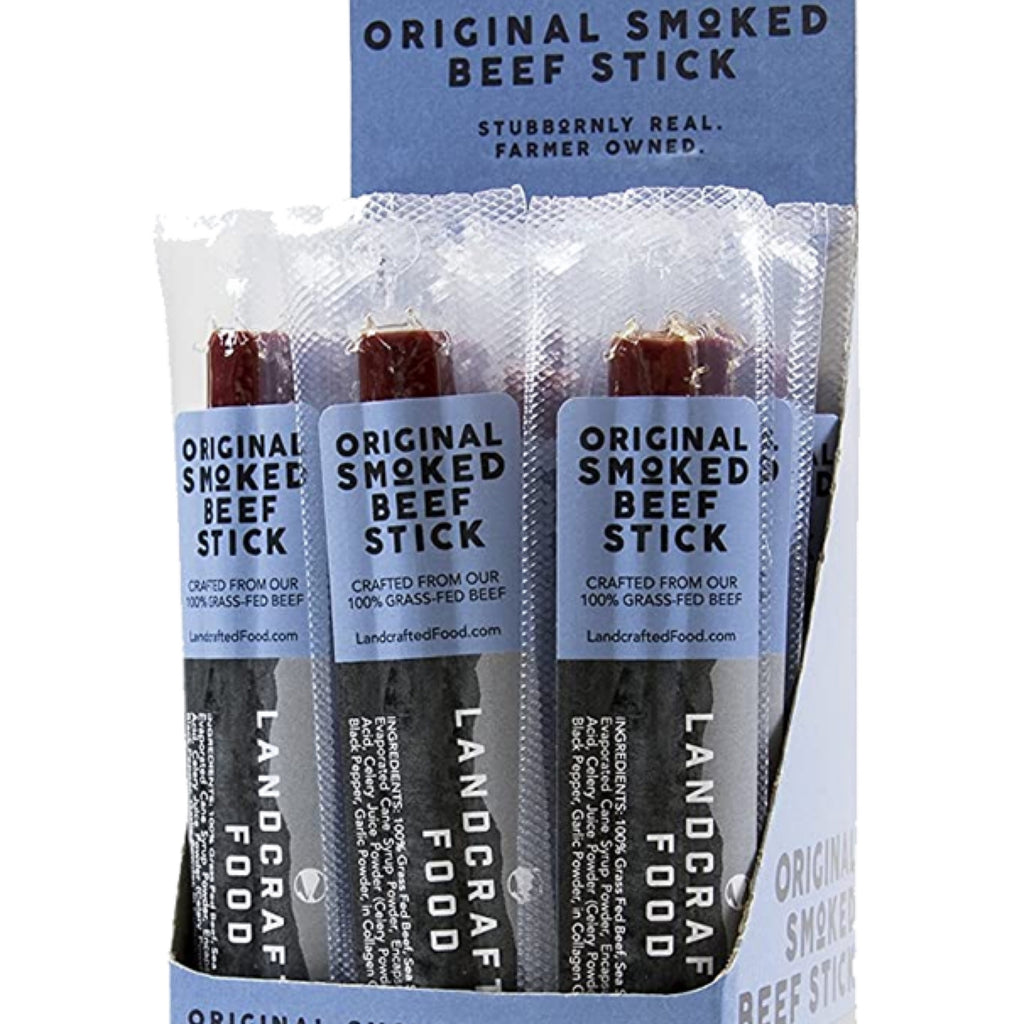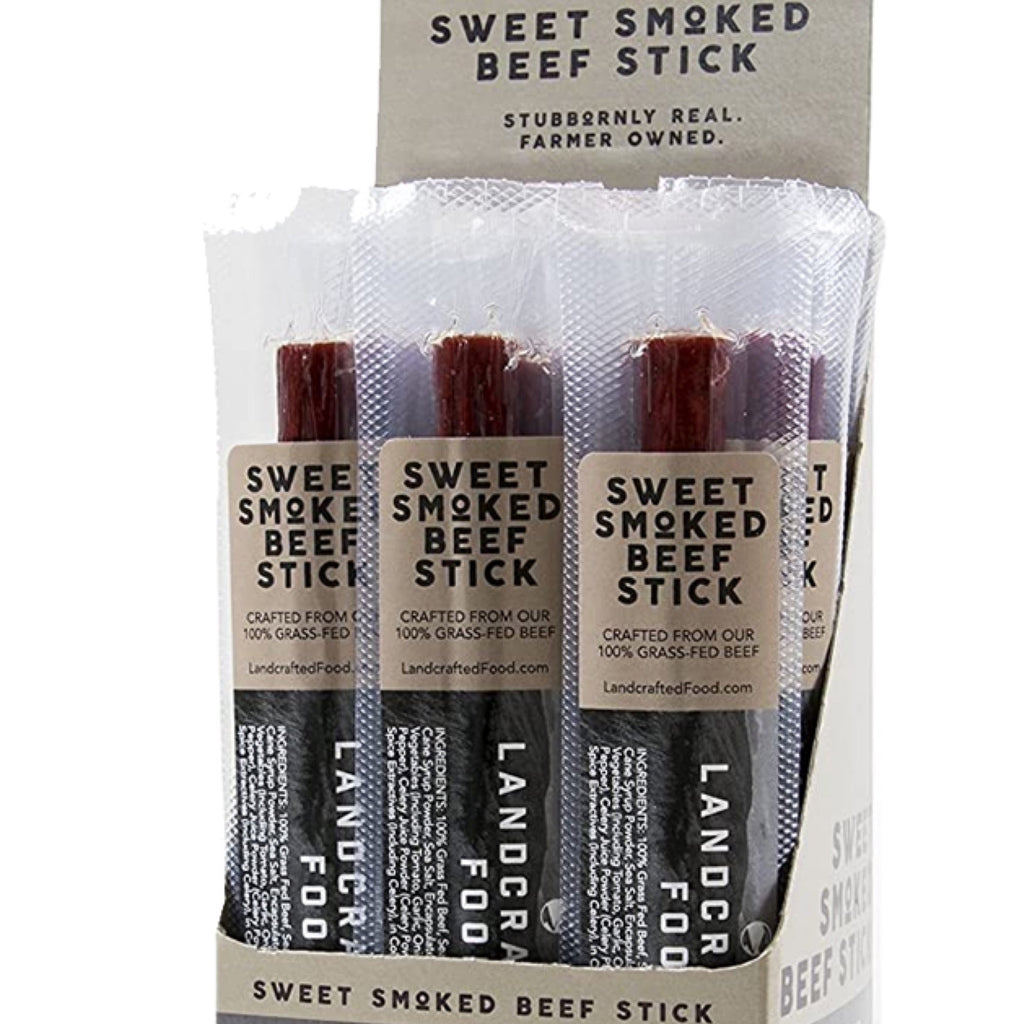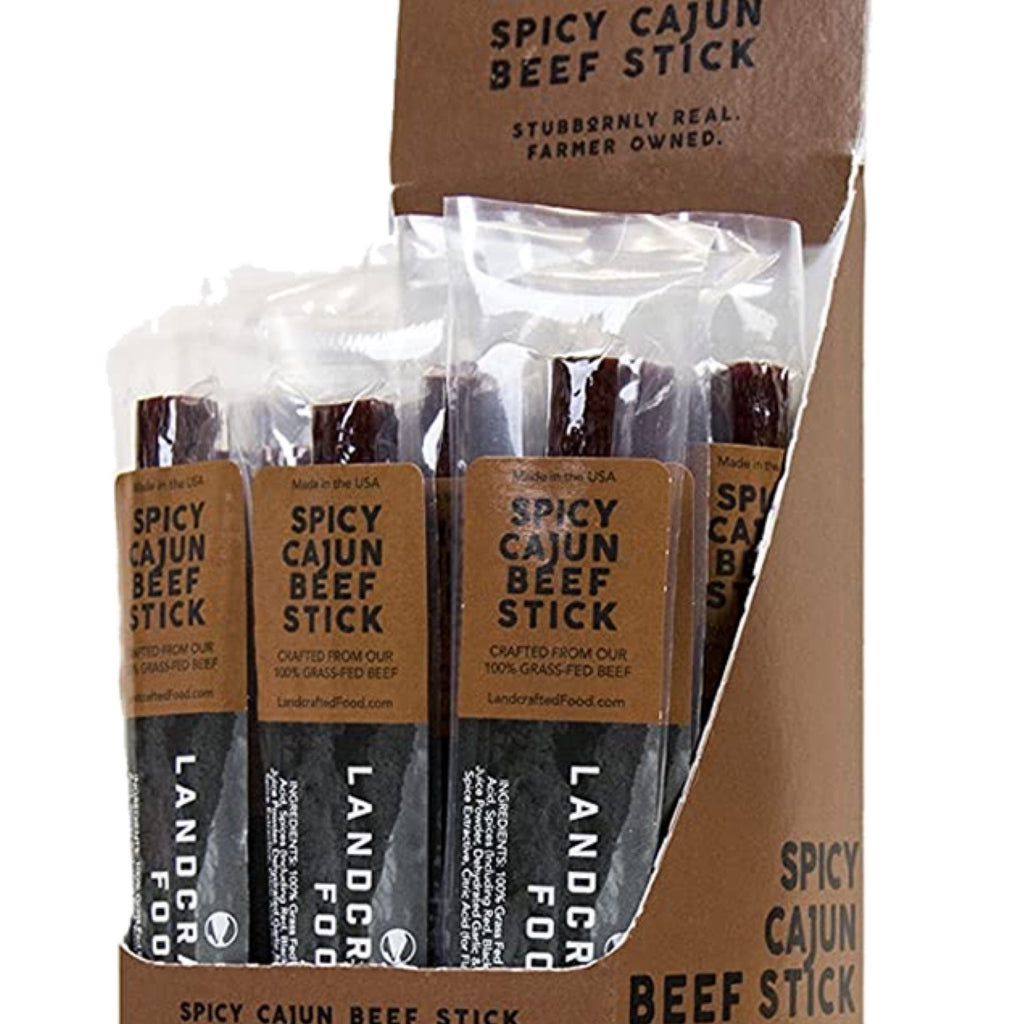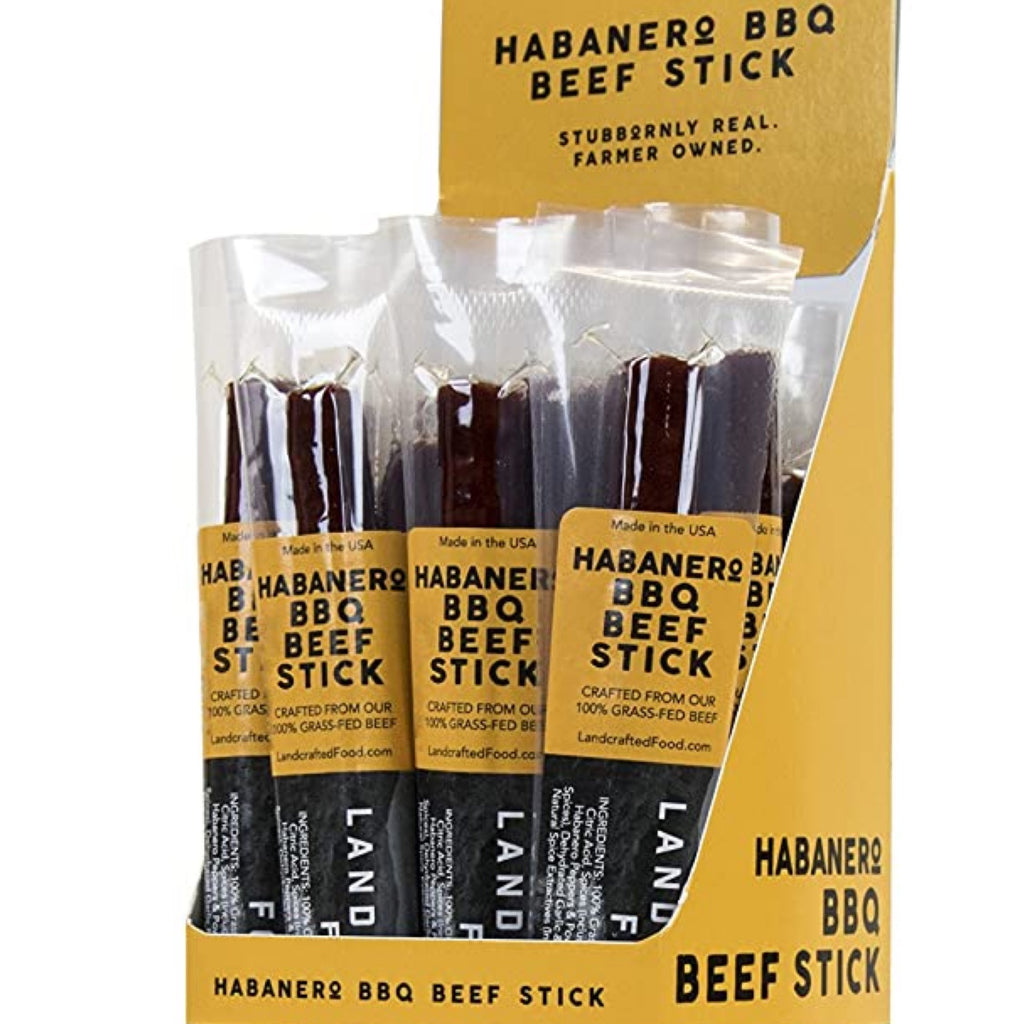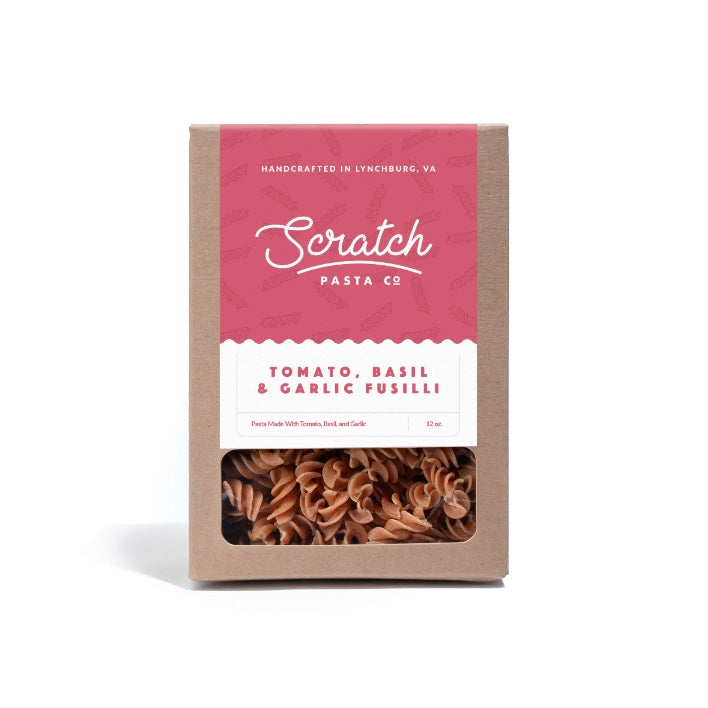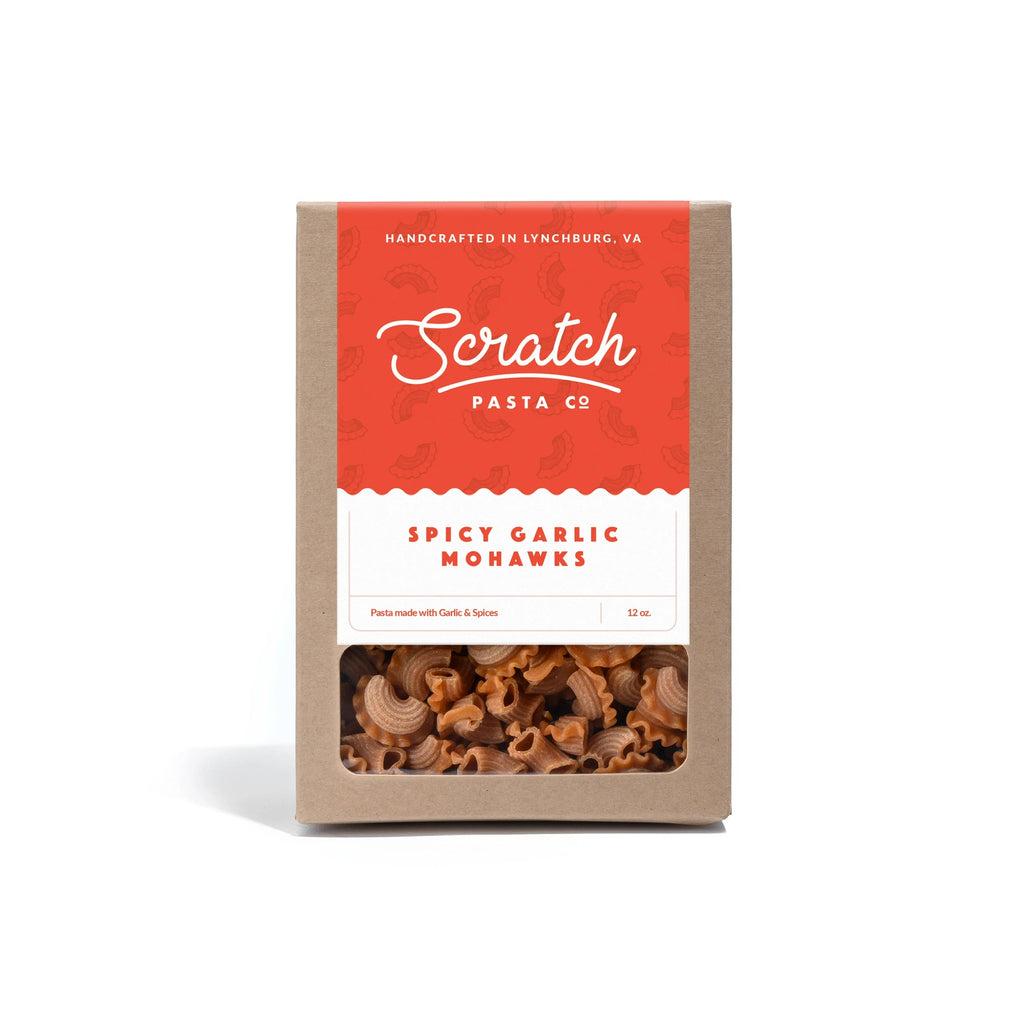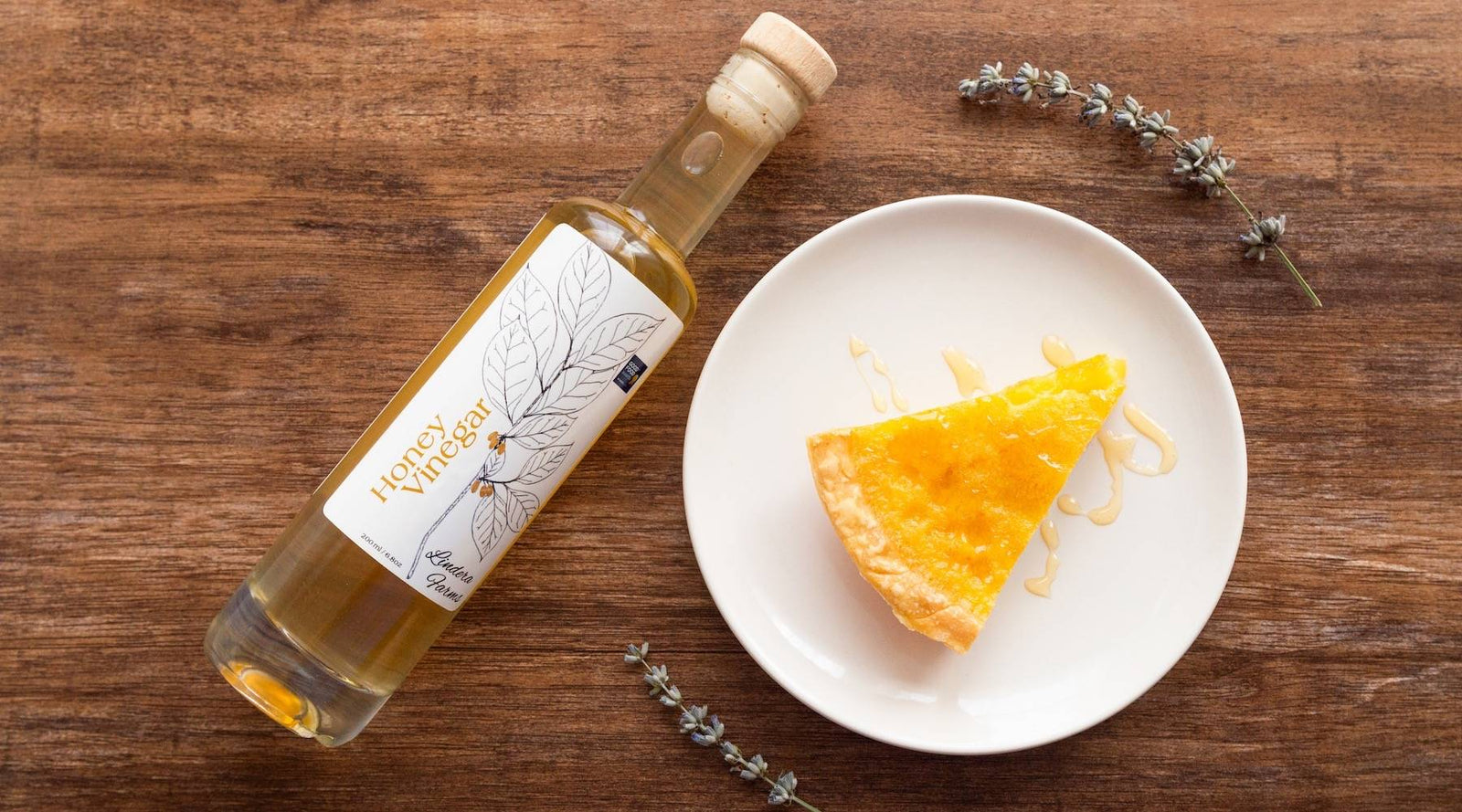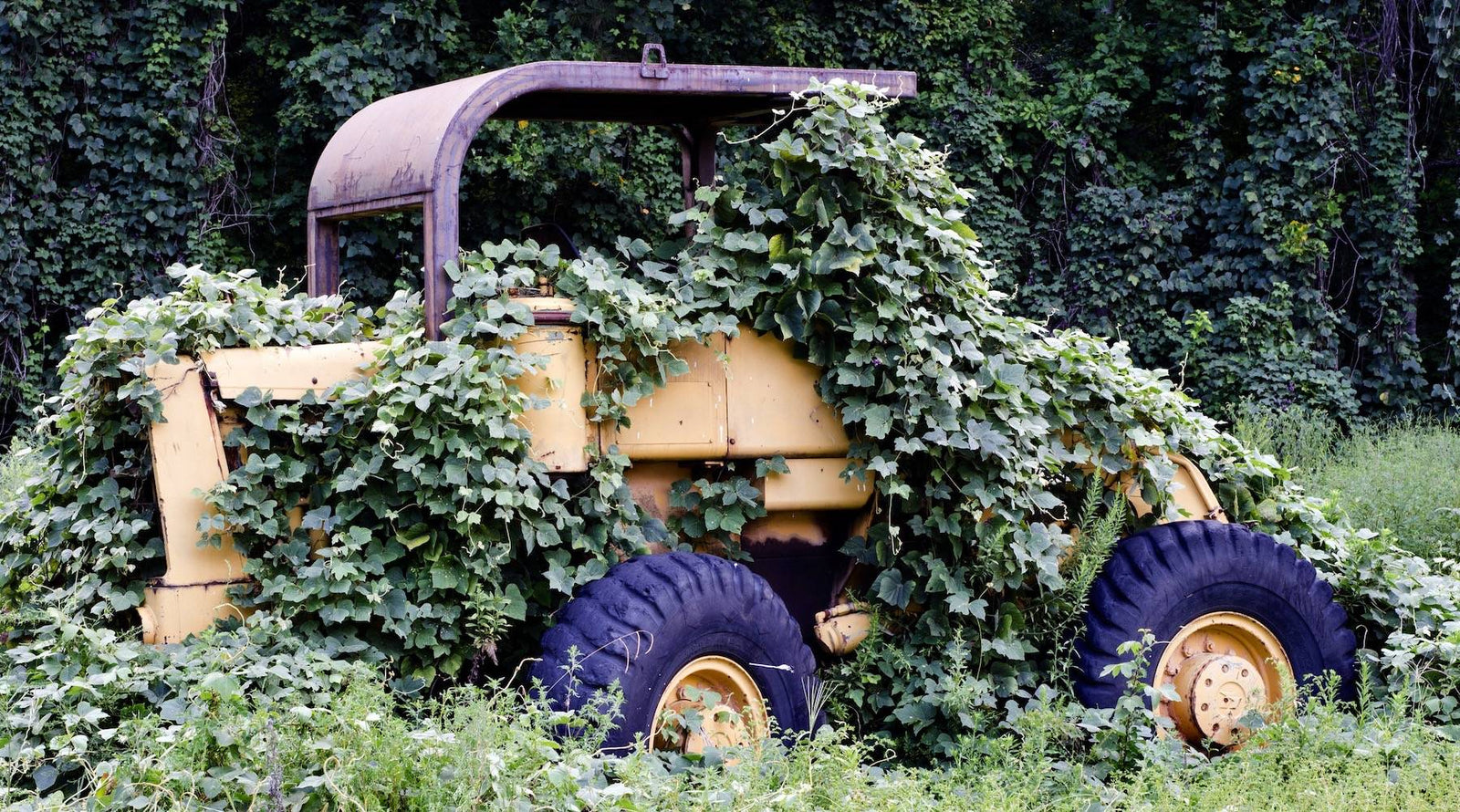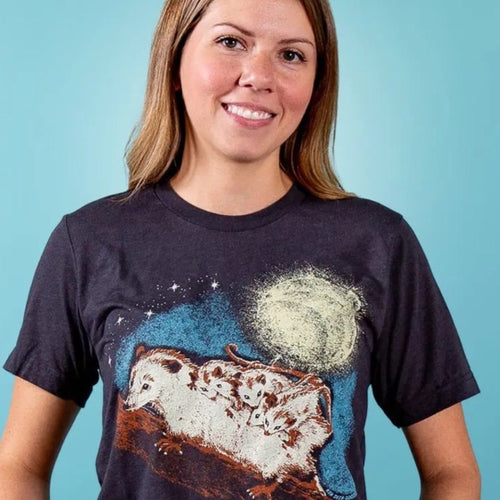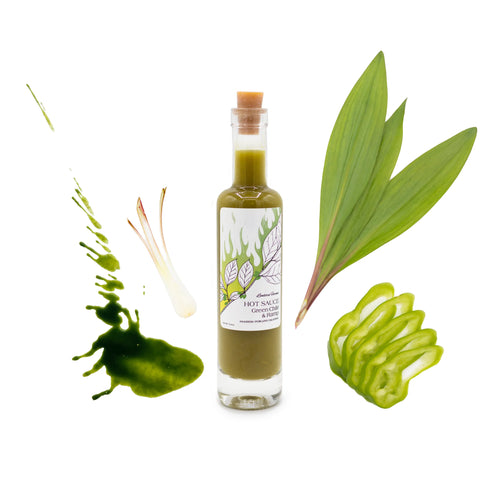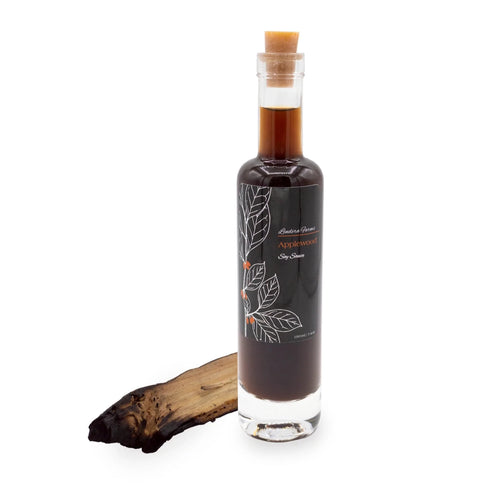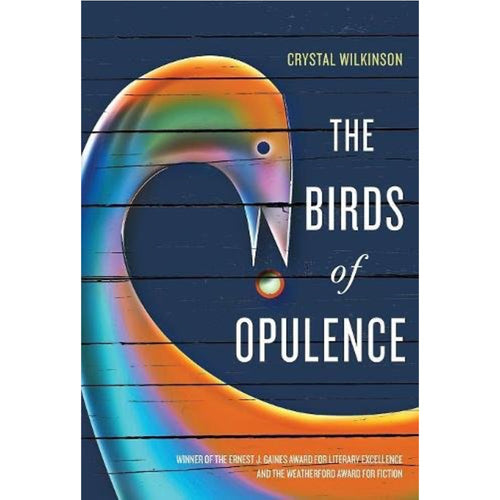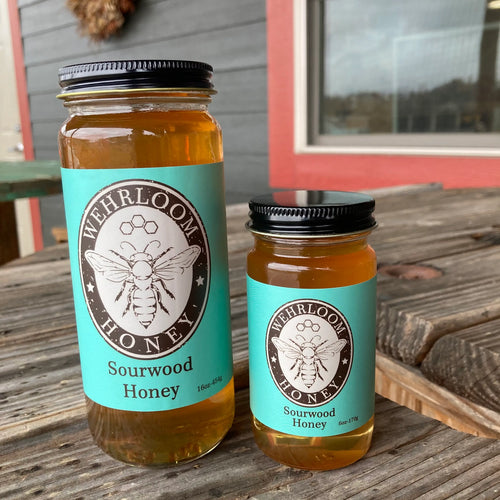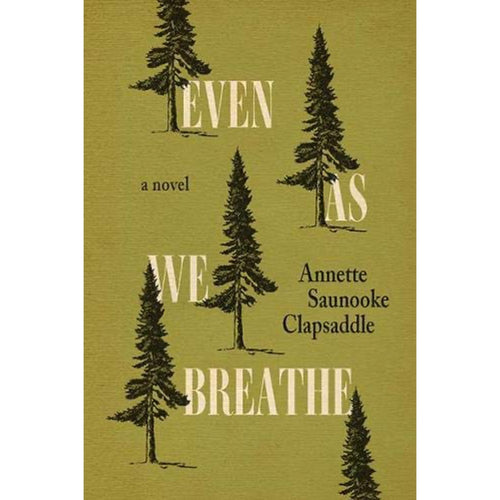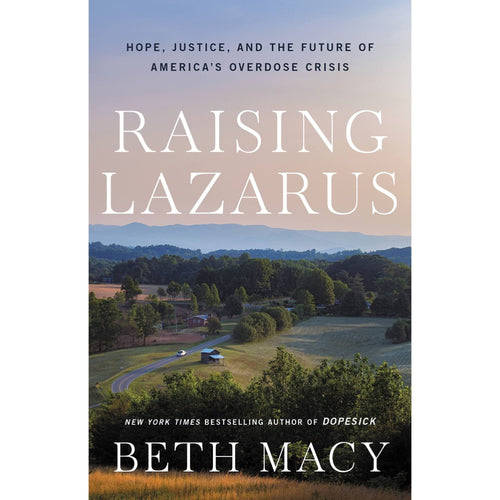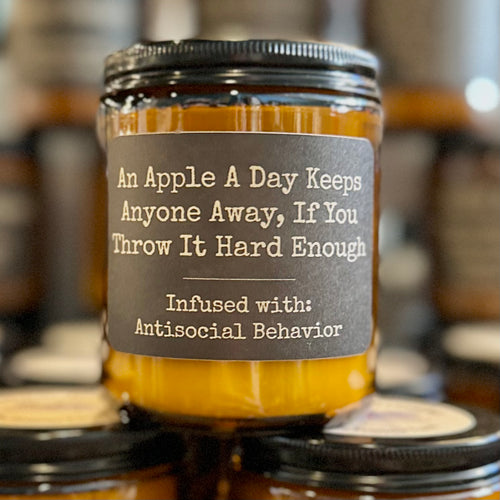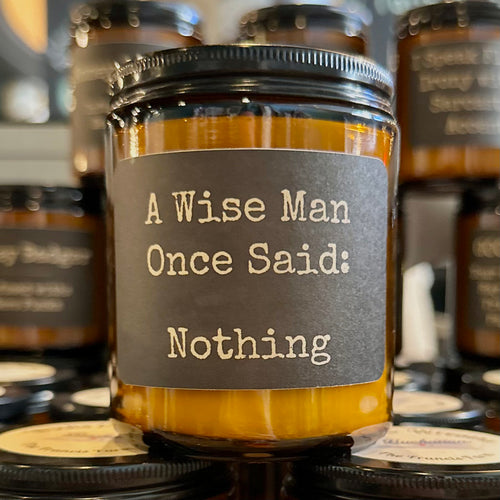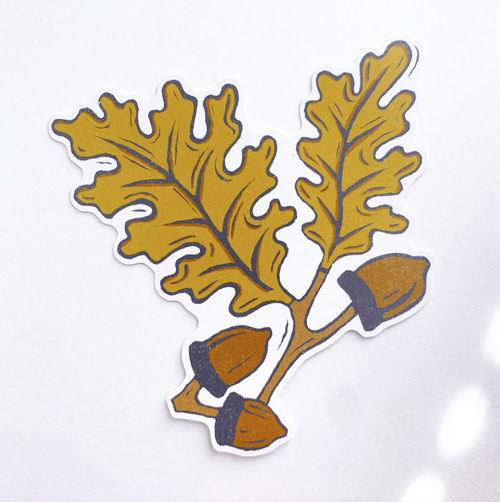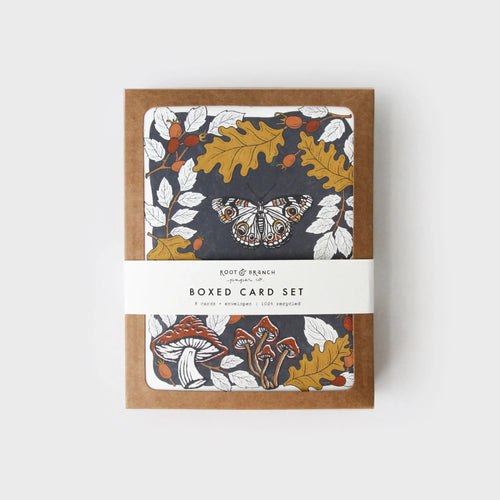
Sisters Florence Friermuth and Susie Friermuth Doffing were among countless women moonshiners during prohibition. Photo originally published by Minneapolis Daily Star and provided by Minnesota Historical Society.
“They were involved at every stage of the process, from production to sales.”
— Katherine Calhoun Cutshall, Collections Manager at Buncombe County Special Collections
Growing up, lots of us had a cool, rule-breaking aunt who gave bedtime the middle finger and allowed candy before dinner. But none of us had an aunt quite as badass as Grace McAbee.
Though born in Maggie Valley, North Carolina, in the early 1900s, Grace moved to Asheville in her 20s. Not long after, she met her husband and purchased a home in an industrial community called West End-Factory Hill, known today as the River Arts District. It was there that she sold and possibly produced booze.
“She ran a bootlegging operation,” confirmed Katherine Calhoun Cutshall, collections manager at Buncombe County Special Collections.
A few years ago, Katherine learned about Grace’s illicit enterprise while rifling through dusty boxes of mementos in her dad’s basement. In one box, she found a police report. It mentioned no probable cause, but it did mention Grace.
Curious, Katherine kept digging and made a few discoveries: Grace was her great-great aunt. Also, she was likely among Asheville’s most prolific 20th-century moonshiners.
WHAT GOES GREAT WITH HOOCH?
Every purchase helps keep our Appalachian magazine alive, thriving, and free to readers like you.
In the months to come, Katherine talked with older relatives to learn more about her auntie’s operation. It went a little something like this: Once a week, a locomotive screeched to a halt outside Grace’s home. Men then hustled to unload pints of liquor and bury them underground. Come nightfall, Grace’s minions retrieved the booze and distributed it to thirsty city folk.
Now, exactly where this moonshine came from is still a mystery. “I’ve attempted to sort it out, but Grace’s supply chain is elusive — exactly how she wanted it to be,” Katherine said. However, she has reason to believe Grace dabbled in distilling.
It was all dangerous work, sure. But like so many women living in West End-Factory Hill, Grace had no choice.
“While it was a bustling and close-knit community, living conditions were difficult,” Katherine explained.
Poverty was pervasive. Men made pennies working for the railroad or at local factories like Asheville Cotton Mills. Grace’s husband, for instance, earned proportionally less than today’s federal minimum wage at the local meat distributor, J.A. Baker Packing.
To fill the gaps, some women took on domestic work like sewing and cleaning. Others turned to illicit activities like robbery, prostitution, and, of course, bootlegging.

Grace serves as an inspiration to women like Jen Currier, head of mixed culture at Wicked Weed Brewing. photo provided by WICKED WEED BREWING.
According to Katherine, there were dozens — if not hundreds — of female bootleggers in Asheville and Buncombe County during this time. “They were involved at every stage of the process, from production to sales,” she said.
Some women distilled white lightning in their basements and bathtubs. Other family matriarchs converted their living rooms into speakeasies — or “drink houses,” as they were referred to locally.
These operations ended poorly for most women, Grace included. Despite her surreptitious strategies, she was eventually caught and sentenced to a term of labor. She also served time at Federal Prison Camp Alderson in West Virginia.
PUT SOME FOOD ON YOUR STOMACH.
Every purchase helps keep our Appalachian magazine alive, thriving, and free to readers like you.
Regardless, Katherine is thankful for her “cool” great-great-aunt. Grace’s willingness to break the rules provided essential income to her ancestors, especially during the Great Depression.
Grace’s spitfire spirit also paved the way for future female alcohol-makers in Asheville, the likes of which include Jen Currier, head of mixed culture at Wicked Weed Brewing.
In 2013, Jen began experimenting with brewing beer in her apartment. At the time, she was a broke college student studying human biology at North Carolina State University. Craft beer was too expensive for her shoestring budget, so she decided to make some herself.
Though the first few batches went down the drain, she eventually got the hang of it. Before long, she ditched her dreams of becoming a physical therapist and moved to Asheville to enroll in the Brewing, Distillation, and Fermentation program at Asheville-Buncombe Technical Community College.
In 2015, after graduating, Jen scored a bartending gig at Wicked Weed. She’s since climbed the boozy ladder, progressing from wood cellar woman to lead blender to head of the sour program and winemaker. Within the company, she’s also known as the “first lady brewer.”
Of course, Jen’s libations are considerably lower-proof than what Grace peddled. But the spirited sips still nod to the lawless legacy of female bootleggers in Asheville.
“I think it will always feel a little rebellious to make alcohol in a state that is haunted by blue laws,” Jenn said. “I think it will always feel a little more rebellious to do so as a woman.”


